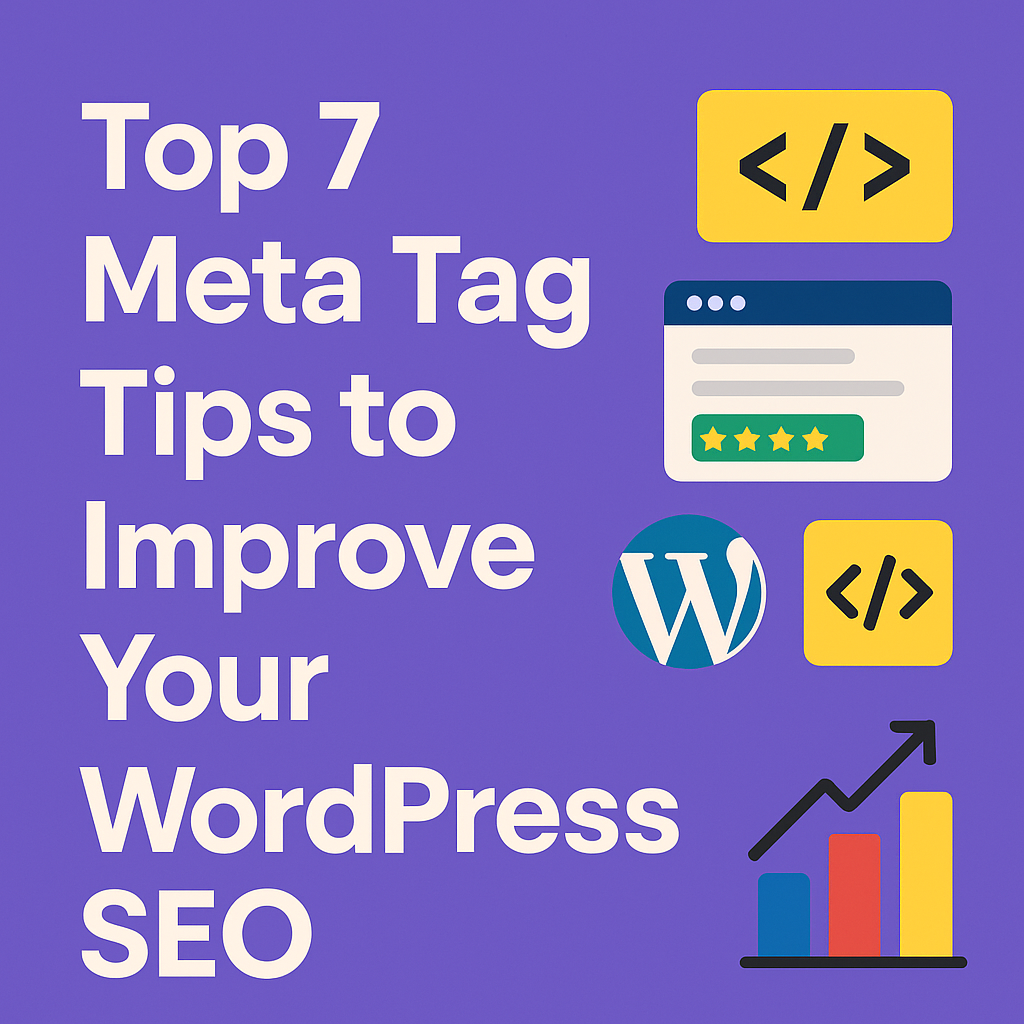2. Tip 1: Optimize the Meta Title Tag
The title tag is arguably the most important on-page SEO element. It appears as the clickable headline in search results and browser tabs.
Best Practices:
- Keep under 60 characters.
- Place primary keywords at the beginning.
- Include brand name if applicable.
- Make it compelling and relevant.
Example:
Bad: Home
Better: Best Vegan Recipes for Beginners | Healthy Eats Blog
3. Tip 2: Craft Compelling Meta Descriptions
Though not a direct ranking factor, a well-written meta description improves your click-through rate (CTR).
Best Practices:
- Keep under 160 characters.
- Use keywords naturally.
- Include a call-to-action.
- Ensure content relevance.
Example:
Discover the top vegan recipes for beginners. Easy, quick, and delicious plant-based meals you can make at home. Start cooking healthier today!
4. Tip 3: Use Canonical Tags to Avoid Duplicate Content
Canonical tags tell search engines which page version is the master copy. This avoids issues with duplicate URLs.
Why It Matters:
- Prevents SEO penalties.
- Consolidates link equity.
- Improves crawl efficiency.
5. Tip 4: Implement Robots Meta Tags to Guide Crawlers
Robots meta tags control what content is indexed and followed by search engine bots.
Key Directives:
index/noindexfollow/nofollow
Example:
<meta name="robots" content="noindex, nofollow">
6. Tip 5: Leverage Open Graph Meta Tags for Social Media SEO
Open Graph tags control how content appears on platforms like Facebook, Twitter, and LinkedIn when shared.
Key Tags:
<meta property="og:title" content="Best Vegan Recipes for Beginners">
<meta property="og:description" content="Quick and easy plant-based meals you can make at home.">
<meta property="og:image" content="https://yourdomain.com/images/vegan-dish.jpg">
<meta property="og:url" content="https://yourdomain.com/vegan-recipes">7. Tip 6: Utilize Schema Markup (Structured Data)
Schema markup helps search engines better understand your content and display rich results.
Popular Schema Types:
- Article
- Product
- Review
- FAQ
- How-To
8. Tip 7: Use SEO Plugins to Manage Meta Tags Efficiently
SEO plugins simplify the process of creating, managing, and automating meta tags in WordPress.
Top SEO Plugins:
- Yoast SEO: Title/descriptions, Open Graph, canonical support.
- Rank Math: Schema support, robots tags, focus keyword tracking.
- All in One SEO: Social sharing, sitemaps, robots.txt editor.
9. Bonus: Testing & Analyzing Your Meta Tag Strategy
Regular audits help ensure your meta tags are performing well. Use the following tools to test:
- Google Search Console
- Screaming Frog SEO Spider
- SEMrush / Ahrefs
10. Final Thoughts
Meta tags are invisible but vital for SEO. From title tags to schema markup, every element plays a role in improving your site’s visibility and CTR.
Follow these 7 proven tips to make your WordPress website more discoverable, clickable, and rankable.


